What they said about COP 27 (1)
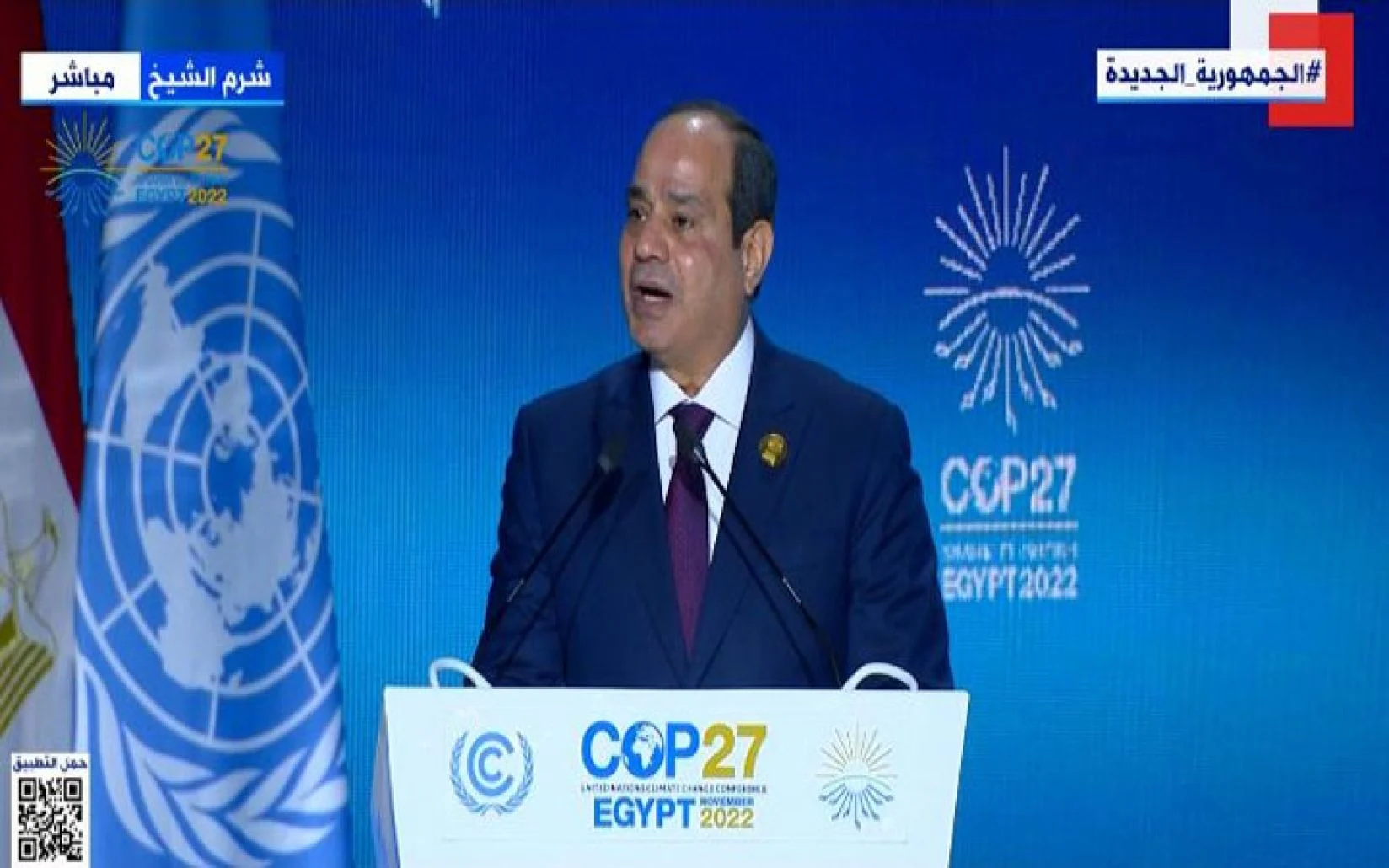 close
close
![]()


“The principle of common but differentiated responsibility is at the core of climate justice and just energy transitions. As such, I strongly support the Sharm El-Sheikh summit, for several good reasons: It forges a common path for climate action in Africa and it outlines the key role of each stakeholder in translating financial commitments into implementable projects. It also clearly lays out the climate financing gap on the African continent and proposes an actionable agenda to close that gap.”
Dr. Akinwumi A. Adesina, President, African
Development Bank Group
“Investing in climate action makes smart economic sense.
Climate policies need to be integrated with national financing
strategies and help ensure that no one is left behind. To date,
UNDP’s Climate Promise has supported %96 of countries in
Sub-Saharan Africa to enhance and implement climate priorities
- from enhancing food security to increasing the protection
of ecosystems - while also providing support to vulnerable
communities who are living on the frontlines of climate change.
Given the economic and demographic challenges in our region,
we also ensure that climate-smart investments are also growth enhancing and job-creating. “
Dr. Khalida Bouzar,
Assistant Secretary-General and Director of the United Nations
Development Programme Regional Bureau for Arab States
.
“The World Economic Forum is committed to accelerating the just transition, through public-private collaboration.
The Sharm El-Sheikh summit for Just Financing is a crucial step in fostering inclusive partnerships towards a climate resilient future. ”
Prof. Klaus Schwab, Chairman, World
Economic Forum
“Climate change is a growing threat to our lives, to our livelihoods, and to the stability of our economic and financial systems. Investments in resilient societies, renewable energy, and green technology are urgent and vital. This requires vast sums of money—amounts that far exceed what governments alone can provide—so we need new ideas and new approaches to harness private capital to build cleaner, greener, stronger economies everywhere.”
Dr. Kristalina Georgieva, Managing Director,
International Monetary Fund
.
“The evidence is clear: Developing countries are bearing the brunt of our climate crisis. 1 billion people, overwhelmingly in the Global South, will face coastal flood risk by 2050. An additional 140 million may be driven from home by climate disaster or food and water insecurity.
Yet these countries remain locked out of pivotal financing at scale
that could help them adapt to our changing world: African states, for example, receive less than %5.5 of global climate financial flows, and only less than %10 of all climate finance investments are targeted to adaptation solutions.
Just financing is not only a moral imperative. It is the only way we
will reach our ambitious climate goals. At CIF, we have been on the front lines of driving catalytic climate finance in the developing world for almost 15 years. We have seen the challenges firsthand: Creating an enabling environment. Financing frontier, catalytic investments. Mobilizing the private sector. Yet we have also seen the power of collaboration: Bringing together key partners across government, development, financial institutions, business, and philanthropy in common cause around proven and innovative solutions.
Ms. Mafalda Duarte, CEO, Climate Investment Funds
.

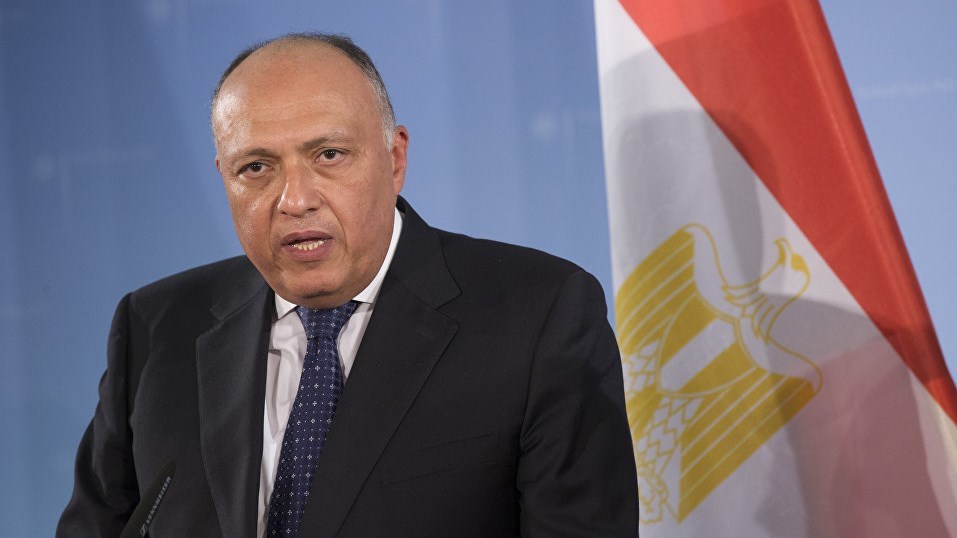


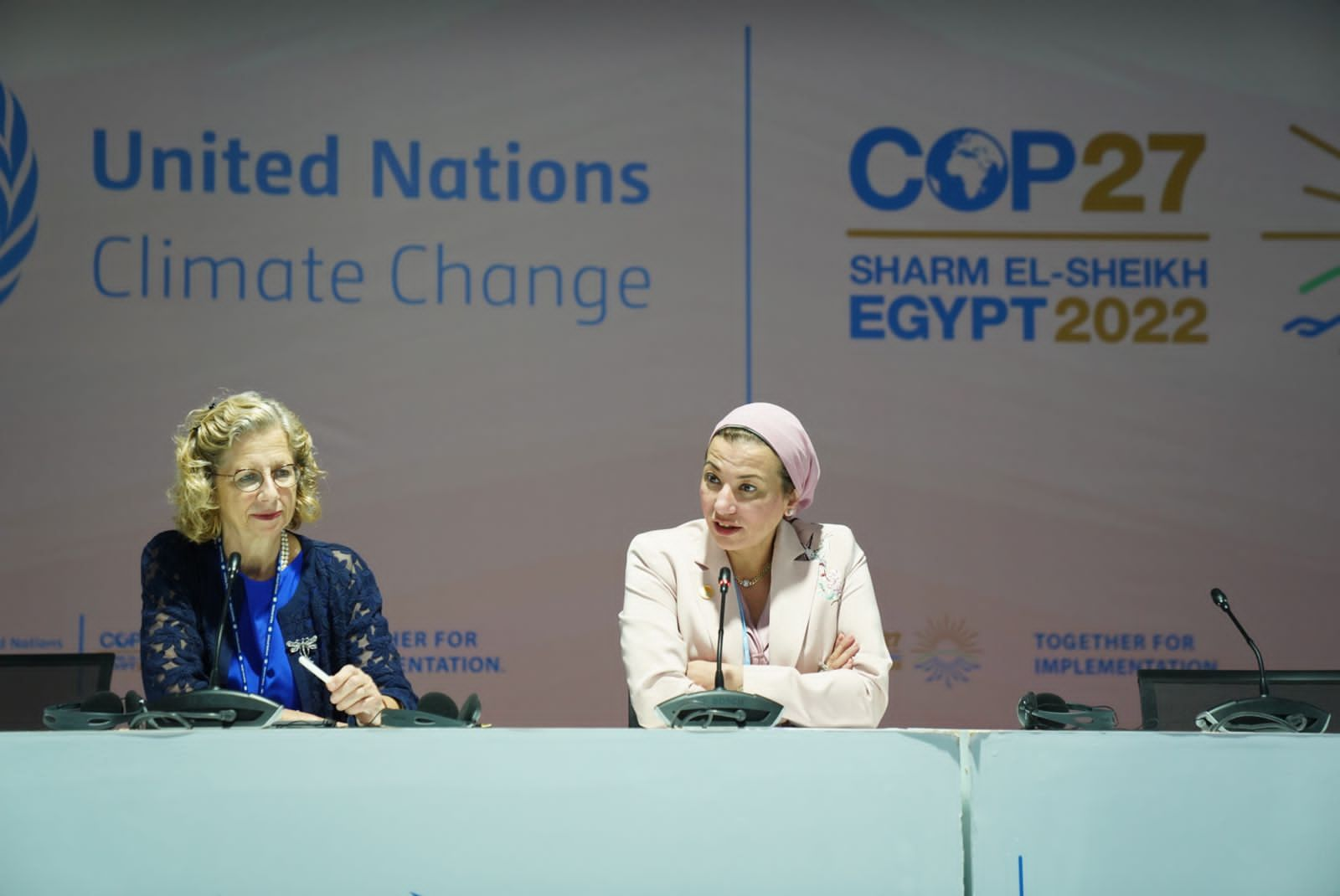
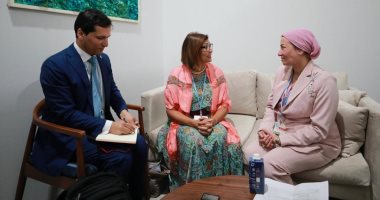
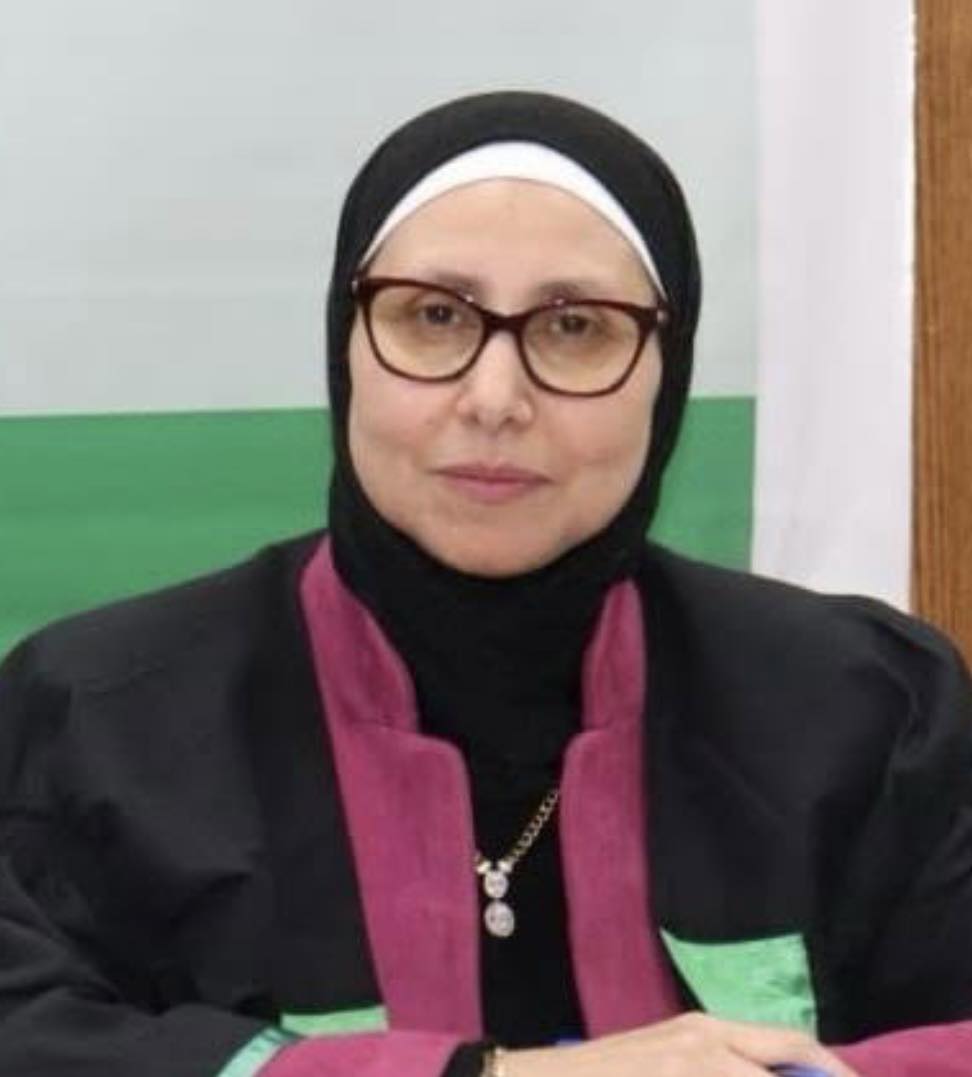
18-01-2026 Faculty of Mass Communication
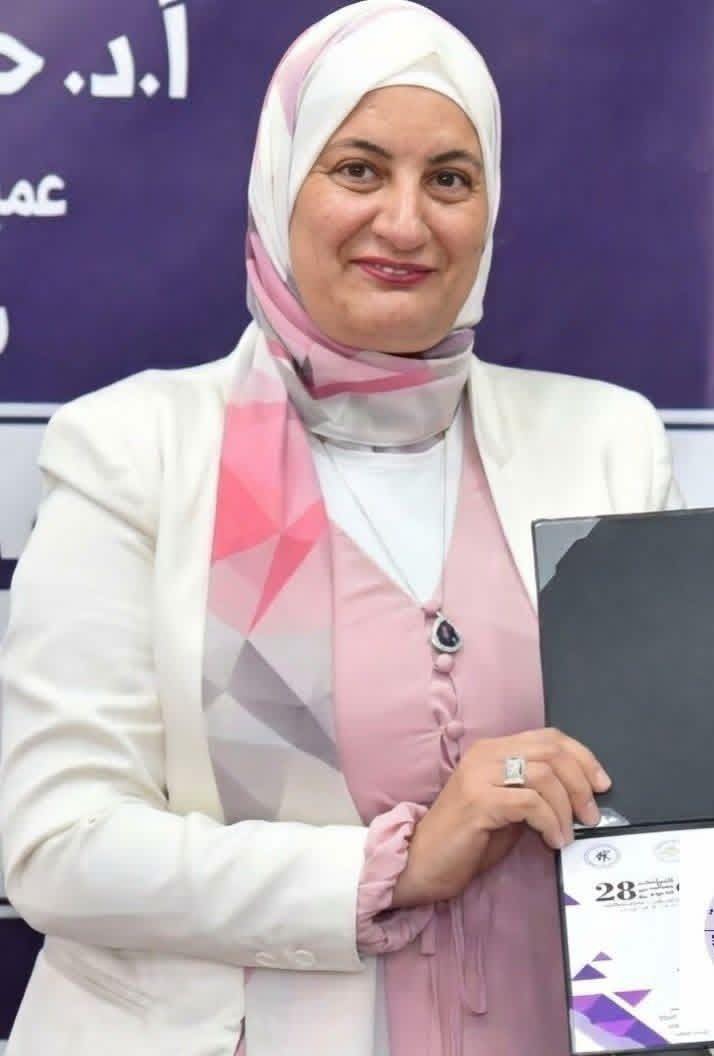
18-01-2026 Faculty of Mass Communication

20-12-2025 literature & arts

20-12-2025 literature & arts

23-06-2023 Sports 4084
...
tips from the head of dmc channels group- mr.hesham soliman02-08-2023
video 3356...
Exclusive Interview with the Prominent Host (Eman Ezz Eldin) for EMccu today27-10-2022
video 1156...
Culture of Photos Event Guests` Interviews (Pt.2)01-04-2023
video 1099...
Culture of Photos Event Guests` Interviews (Pt. 1)01-04-2023
video 976...

27-10-2022
video 3771